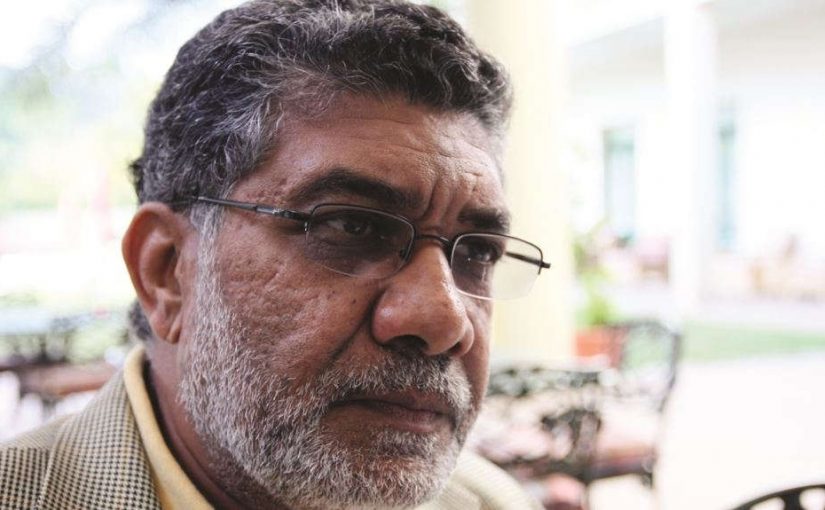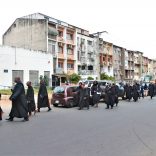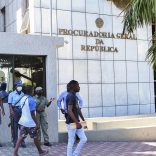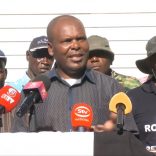Chapo–JD Vance meeting ushers in new phase for Mozambique–US relations
Abdul Carimo calls for reversal of the burden of proof in unjust enrichment cases

Voa Portugues (File photo) / Mozambican lawyer Abdul carimo
Former Deputy-President of the Assembly of the Republic of Mozambique Abdul Carimo argues that the country must be prepared to reverse the principle of the burden of proof to effectively combat illicit enrichment and money laundering.
“We need to reverse the principle of the burden of proof because it is an impediment to the accountability of perpetrators of illicit enrichment and money laundering,” Carimo said.
The level and sophistication of concealment of wealth render the principle that the state, through the public prosecutor, must prove the criminal origin of the property ineffective.
The issue has been debated in Mozambique and returned to the limelight this week in a debate promoted by the Central Commission of Public Ethics (CCEP) which Abdul Carimo participated in on Thursday.
Thirty years ago, according to the lawyer, it was unthinkable under the rule of law to impute to the accused the burden of proving the lawfulness of his assets, but the world is changing and approaching some fundamental rights as well.
According to Carimo, the fight against economic crime may involve revision of fundamental principles of law, as in the United States with administrative arrest, and as happened in Italy with “Operation Clean Hands”.
“With administrative arrest, the authorities deprive the citizen of a property until he proves the lawful origin of it, thereby reversing the burden of proof,” he added.
With the reversal of the burden of proof, it will be up to the accused to prove the legality of their assets if there is well-founded suspicion that it is of criminal origin, Carimo, who heads the Mozambican Legal Reform Technical Unit, added.
Prosecutor of the Central Office for the Fight Against Corruption of Mozambique Cristóvão Mondlane likewise urges the creation of legal mechanisms to speed up the recovery of assets resulting from criminal activity, noting that the current legal framework in Mozambique encourages the idea that crime pays off.
“Without this mechanism, while the criminal process follows its ritual, the criminal walks around spending the proceeds,” Mondlane said.
He protested against the fact that crimes of corruption attract bail and suspended sentences, saying that this does not dissuade society from practicing economic crimes.
Earlier this month, the Attorney General of the Republic of Mozambique proposed the creation of a special unit for the recovery of assets from criminal organisations with the same justifications.
Speaking at the closing of the 10th Ordinary Session of the Coordinating Council of the Public Prosecutor’s Office, Beatriz Buchili said that it was imperative to strengthen international cooperation in combating organised crime, given the dynamic and increasingly sophisticated nature of its activity.
“One aspect that we cannot fail to mention is the need, as public prosecutors, to be attentive to developments in organised crime, both in its commission and in the sophisticated use of technological means,” Buchili concluded.












Leave a Reply
Be the First to Comment!
You must be logged in to post a comment.
You must be logged in to post a comment.